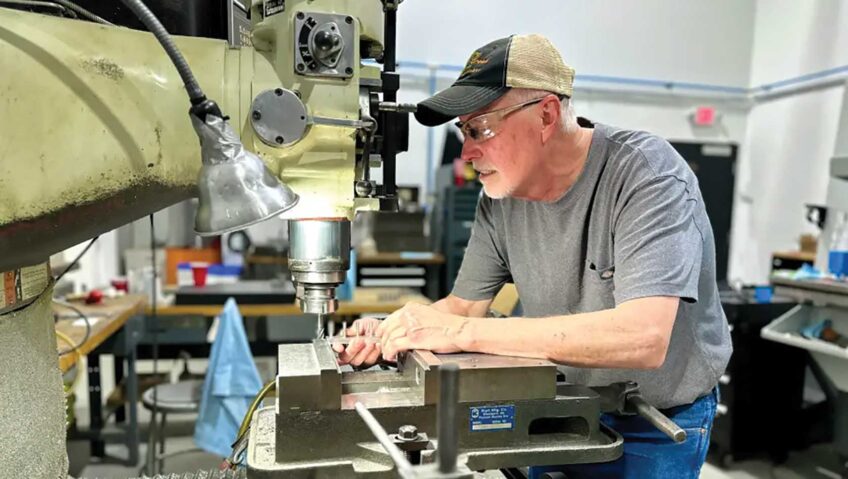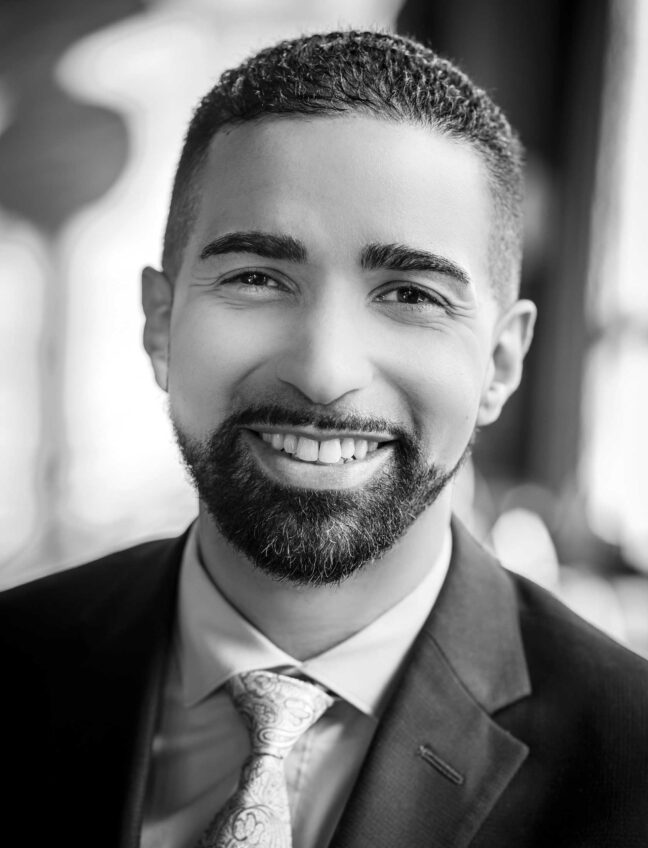A coalition of civil rights groups and community activists is calling on state and local government to create more opportunities for Boston’s black and Latino residents to improve earnings and wealth in the wake of a Brookings Institution report that found the city leads the nation in income inequality.
“In Boston, households in the top 5 percent of earners make 18 times as much as households in the bottom 20 percent,” reads a letter released by the coalition Monday. “Not surprisingly, the Federal Reserve Bank found that ‘while white households have a median wealth of $247,500, Dominicans and U.S. blacks have a median wealth of close to zero’ in Boston. In this manner, Boston’s concentrations of wealth and poverty are dividing us into a city of ‘haves’ and ‘have nots.’”
The letter was drafted following a roundtable meeting of civil rights activists in January, according to Priya Lane, director of the Economic Justice Program of the Lawyers’ Committee for Civil Rights and Economic Justice. Lane said many were disturbed by the Brookings Institution’s report identifying Boston as the U.S. city with the highest rate of income inequality. Because blacks and Latinos are concentrated at the bottom of income and wealth levels in Boston, the group sees income inequality as a civil rights issue.
The letter calls for inclusion criteria mandating equal opportunity for minority-owned businesses to compete for public contracts and is signed by 15 individuals and organizations, including the NAACP New England Area Conference, the Lawyers’ Committee for Civil Rights and Economic Justice, The ACLU of Massachusetts, the Massachusetts Association Minority Law Enforcement Officers and the Boston Society of Vulcans.
While programs at the city and state level, such as the city’s Boston Resident Jobs ordinance, currently mandate minority hiring and contracting on state-involved projects, Lane said members of the group will be examining existing guidelines to ascertain their efficacy.
“We need to look at these programs and see if they’re actually making a difference,” she said.
The current Boston Resident Jobs ordinance calls for 50 percent of jobs on publicly-funded construction projects be set aside for Boston residents, 25 percent for minorities and 5 percent for women, many city-funded projects, like the Bolling Building, come in far below those numbers.
The groups also are calling for greater access to city jobs, including those within the Police and Fire departments, where the number of black, Latino and Asian recruits have been declining in the last 10 years since court-ordered hiring policies expired.
“Diversity in the workplace — from city hall to our schools, and from the police force to the fire department — is a critical component of addressing income inequality,” the letter reads.
The civil rights groups’ push comes as activists in Boston’s black community are pursuing strategies to help blacks compete in the city’s growing economy. Louis Elisa, a member of Freeze Frame Black Boston, says the two initiative’s goals are aligned.
“We support the idea,” he said of the civil rights groups’ initiative. “Anything that will help people who are from here, stay here is helpful.”







